Is sovereign debt impeding Africa’s COVID-19 recovery?
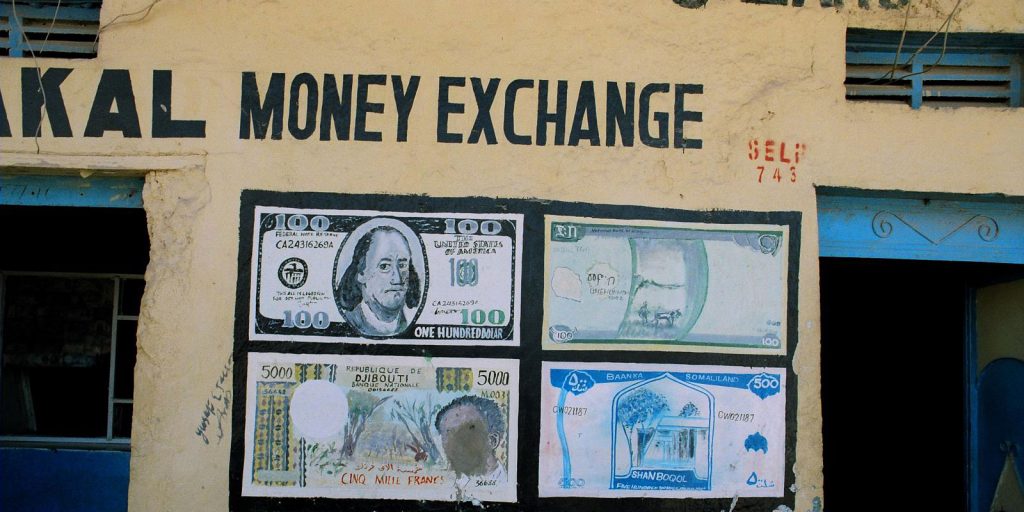
Africans realised early on in the pandemic there was a tough period ahead – repeating the long pattern of Africa feeling the worst impacts of global dynamics.
East Africa’s terrorism hotspots: examining the roots and solutions
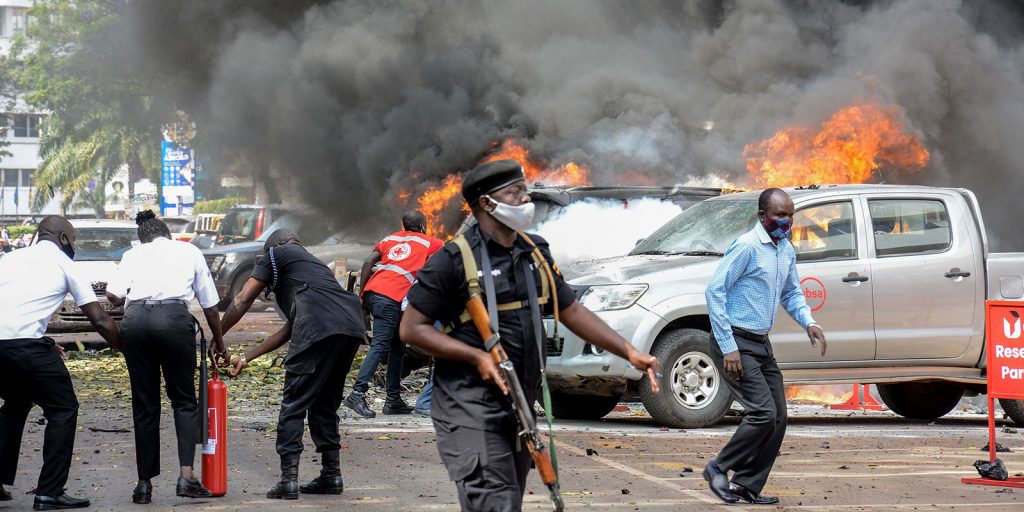
Eastern Africa has two primary terrorism hotspots. The first is Somalia. It has experienced continuous instability since 1991, due to clan-based warlords and the lack of a functioning central government. Secondly, similar to Somalia, the eastern part of the DRC has been a hotspot since its own civil war from 1997 to 2003.
Omicron in Botswana
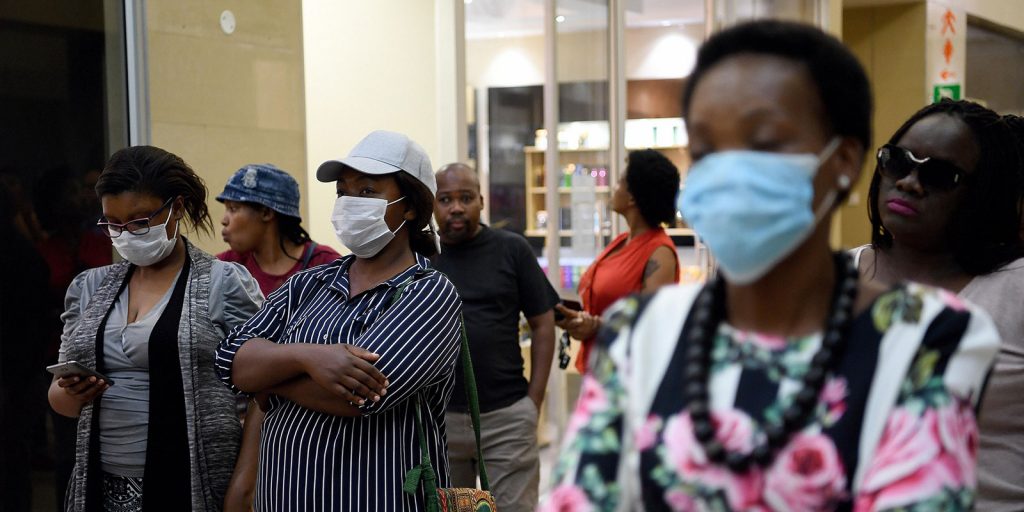
On 24 November 2021, news about the ‘Botswana Variant,” now known as Omicron, which is said to have 32 mutations, was reported by Mail Online and other international news media. While the global north is already inoculating booster shots, Botswana is one of the countries in the continent playing catch up trying to attain herd immunity.
The Mozambique insurgents are not faceless
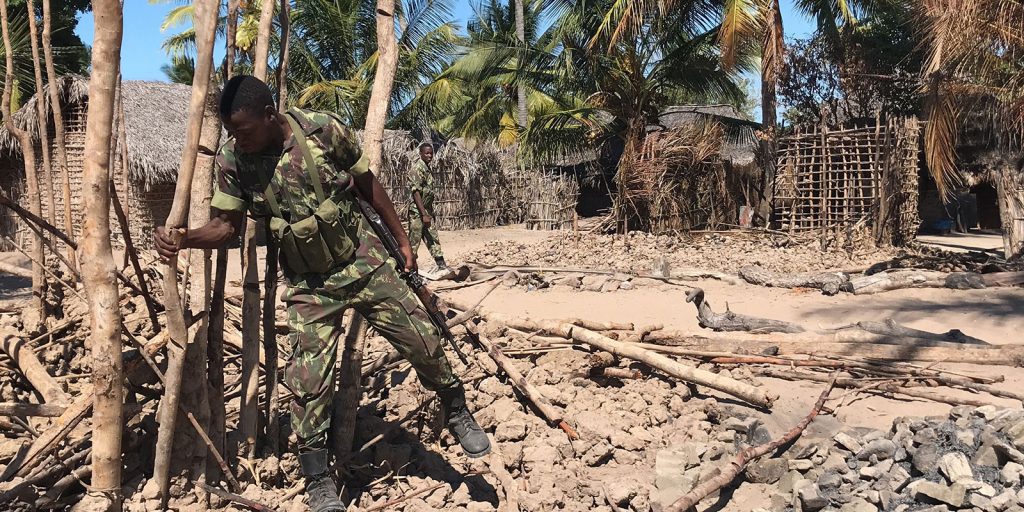
Since October 2017, an insurgency emerged in Mozambique’s northernmost province of Cabo Delgado, resulting in numerous terrorist attacks, claiming nearly 3,000 lives, and displacing some 800,000 people since 2020. In addition to the current military reprisals, a more comprehensive approach should recognise both the fact that the insurgents are the “sons of Mocímboa da Praia” and that at a certain point in time, they became radicalised and turned towards violent extremism.
China-Africa Public Health Cooperation and Vaccine Diplomacy
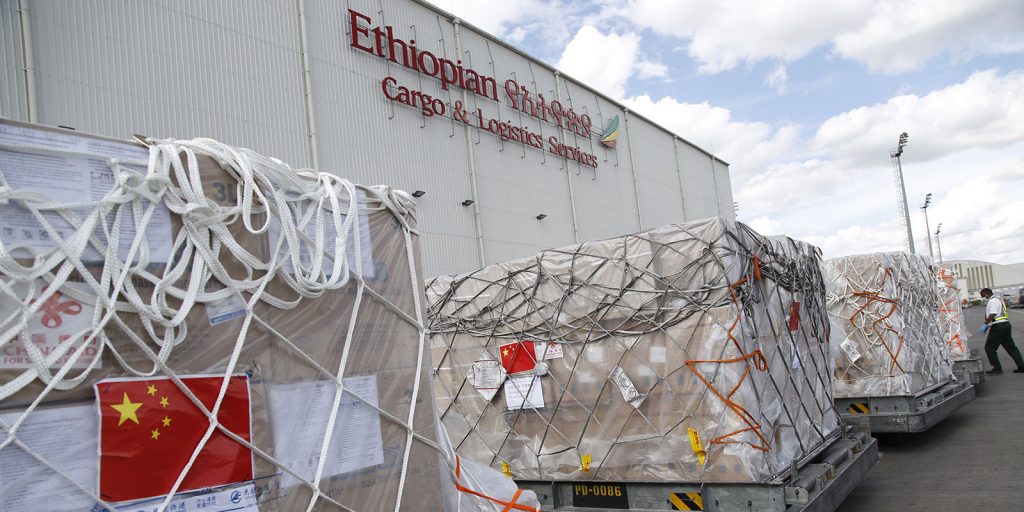
China’s reputation game in Africa is of strategic and vital importance as Chinese engagements (investments, infrastructure, and other projects) typically receive positive ratings on the continent while generating controversy and outcry in other parts of the world.
Malawi quietly making headway with National Peace Architecture
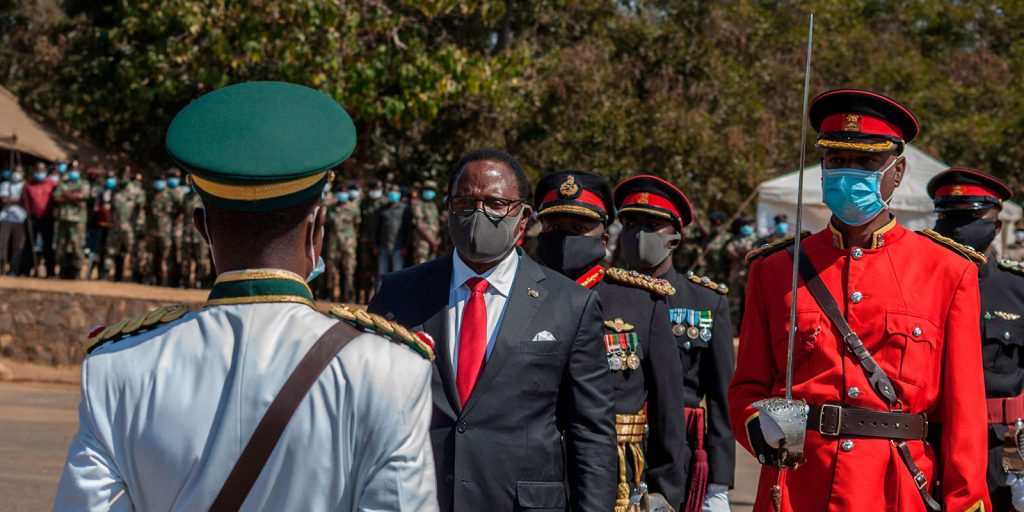
Malawi has quietly progressed in developing its formal National Peace Architecture (NPA). The NPA’s pilot structures stand Malawi in good stead to handle potential regional contagion effects deriving from instability in northern Mozambique.
Are “mildly-worded communiques” effective conflict management tools?
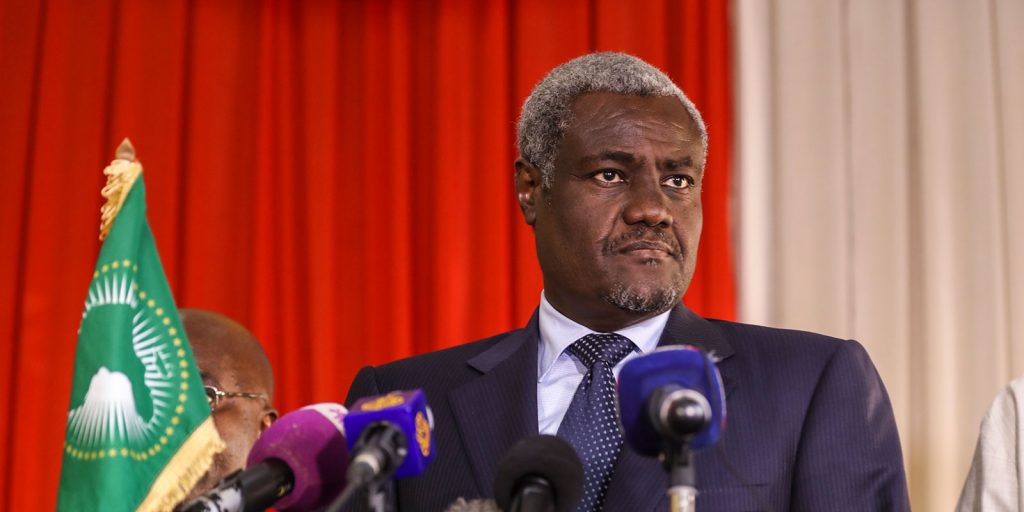
The “strongly-worded statement” has always been a foreign policy instrument for diplomats responding to situations of concern. There is a growing awareness that statements issued by intergovernmental organisations at the onset of crises play a catalytic role in setting the tone for the international response.
ECCAS at 38: Passing and taking up the baton of regional integration
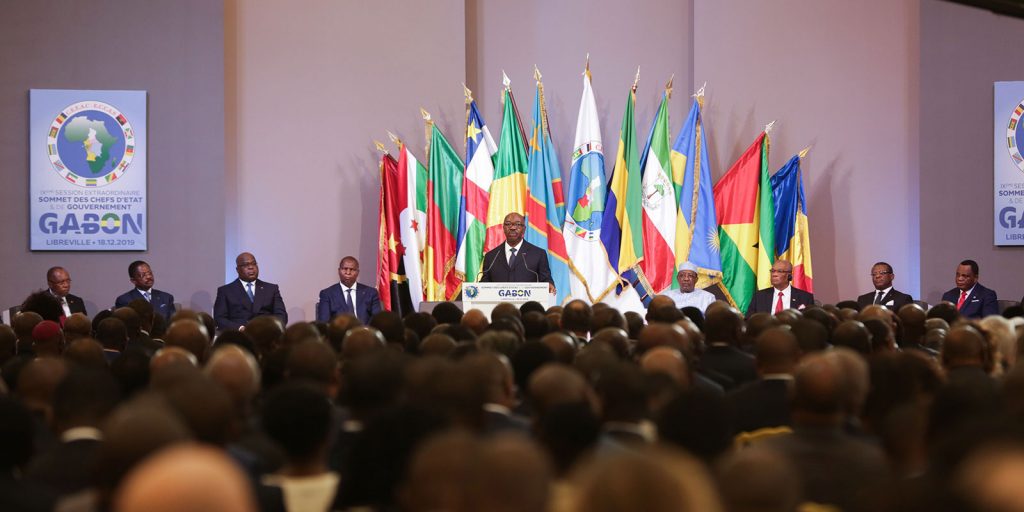
The construction of the community of destiny passes by the emergence and the formatting of a community citizenship which does not go without strong moments of awareness. The day of regional integration is given to us to revive, stimulate and develop this awareness of our belonging and community destiny within the Community that forms the eleven Member States of ECCAS.
Establishment of an ECCAS Youth Volunteer Corps to strengthen regional solidarity, regional integration and development
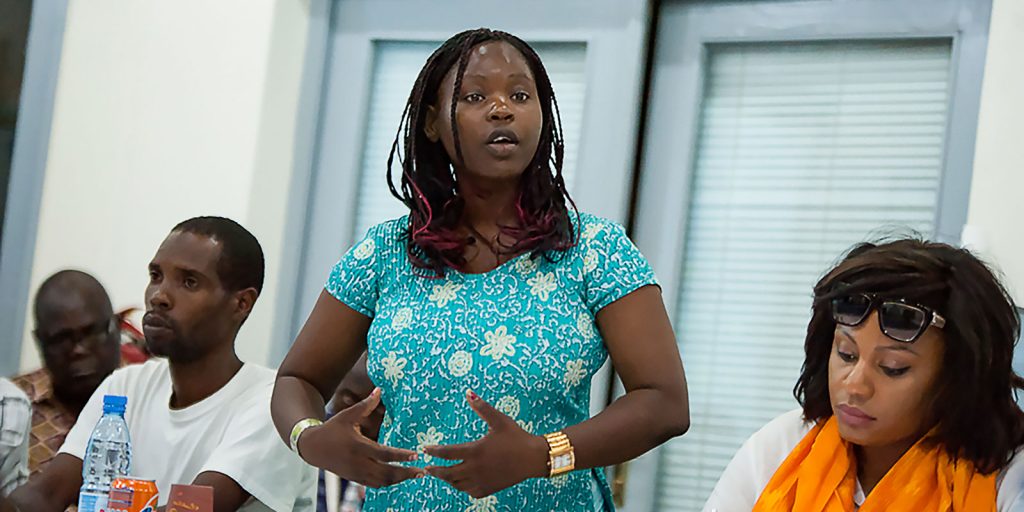
The Economic Community of Central African States (ECCAS) has decided to establish a Corps of Young Volunteers dedicated to work towards regional integration and development.
The Network of ECCAS Women Mediators in Central Africa
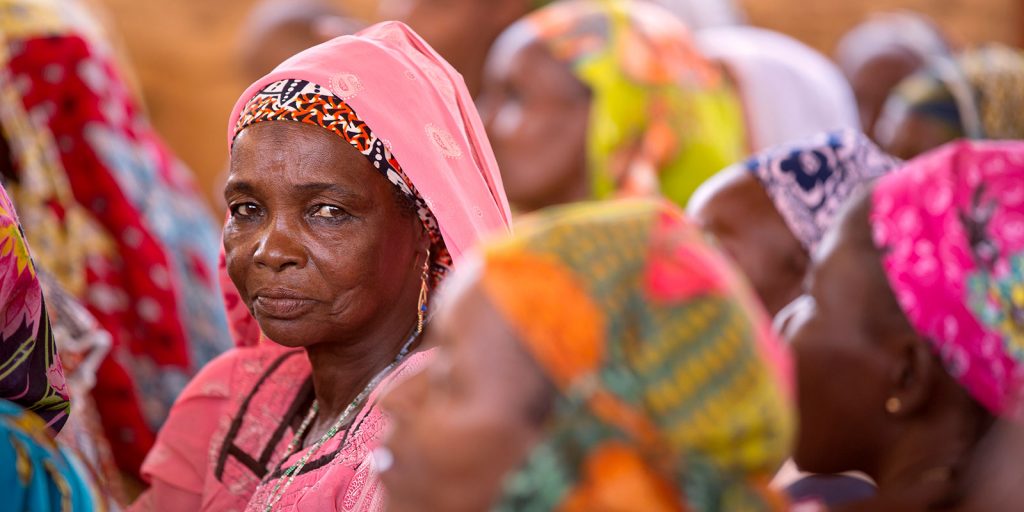
In order to strengthen cooperation in the area of peace and security, the Central African Peace and Security Council (COPAX), was created in 2004 not only to deploy military and civilian missions but also to participate in mediation in crisis situations in the sub-region.
